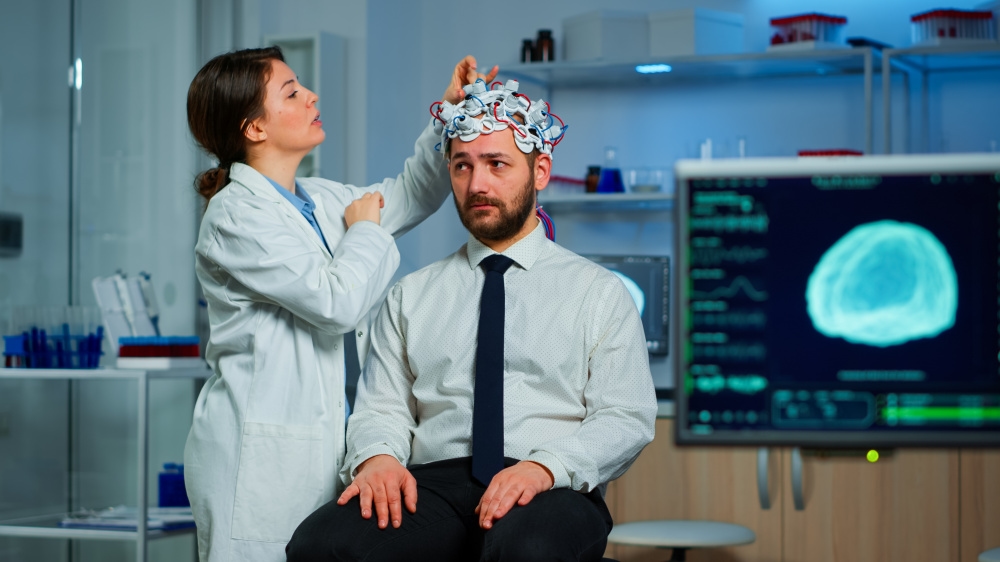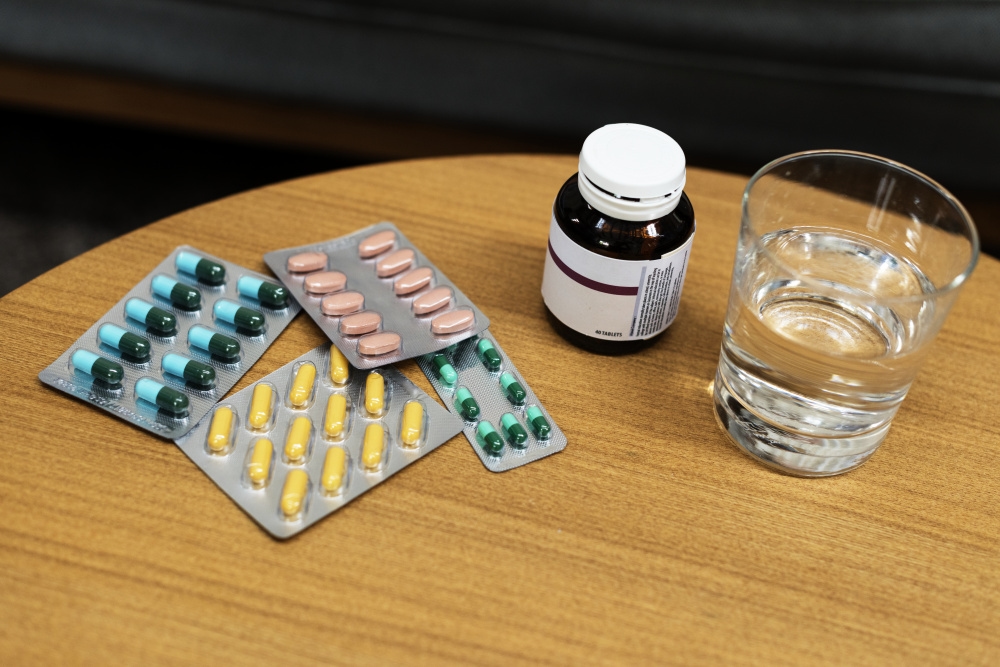Picture of the Day: A digest of the main news from November 7, 2025

Main
The Russian Ministry of Health's Commission for the Formulation of Drug Lists reviewed three proposals: to designate the combination of ivacaftor + tezacaftor + elexacaftor for the treatment of cystic fibrosis, and ivacaftor and pegunigalsidase alfa, used in the treatment of Fabry disease, as vital and essential drugs, as well as to exclude the antipsychotic zuclopenthixol from the list. The commission rejected all proposals. Furthermore, the meeting discussed a proposal by FAS Deputy Head Timofey Nizhegorodtsev to reduce the price of agalsidase alfa, also used in the treatment of Fabry disease, which is on the list. The experts concluded that the commission lacks the authority to make such a decision.
#2 Vladimir Putin instructed the government, together with the Federal Medical and Biological Agency (FMBA) and regional authorities, to develop a Strategy for the Development of Sports Medicine through 2030, which should outline the objectives of medical and physical education activities. The Russian president gave this instruction at a meeting of the Council for the Development of Physical Culture and Sports on the issue of "On the Further Development of Children's and Youth Sports." Putin particularly emphasized the importance of providing high-quality medical support for activities, including in schools. Specifically, children's athletic performance should be systematically monitored and training plans should be developed taking into account their individual needs.
Regulators
The Russian government has amended the list of potent and toxic substances covered by Article 234 of the Russian Criminal Code (illegal trafficking of potent or toxic substances for the purpose of sale). The list includes 12 items, including anabolic steroids, steroids, and psychostimulants. The document was developed by the Russian Ministry of Internal Affairs. The regulator noted that the most popular doping substances on the black market are currently anabolic steroids, as well as psychostimulants and selective androgen receptor modulators (Ligandrol, Mastorin, Testolone, Recardin, and Reverol).
Criminal cases
The Ust-Labinsk District Court of Krasnodar Krai has granted parole to former Rostov Region Health Minister Tatyana Bykovskaya. Last year, she was found guilty of abuse of office (Part 1, Article 286 of the Russian Criminal Code) and sentenced to 4.5 years in a general regime penal colony. The court and investigators established that the former official assisted Alexander Danchenko, the head of the Swiss company AFD Group SA, in constructing a medical waste disposal facility, Center 100 Rostov-on-Don, in the region. As a result, the company entered into an anticompetitive agreement to provide Class B medical waste management services. Bykovskaya repeatedly appealed the verdict, but various courts dismissed her appeals.
Infrastructure
The St. Petersburg State Procurement Committee is seeking contractors for the construction of two medical facilities. A total of 5.5 billion rubles are planned to be allocated from the regional budget for these purposes. The cost of constructing a six-story diagnostic center on Turistskaya Street is estimated at 2.69 billion rubles. The center is scheduled to be operational by the end of December 2027. An adult outpatient clinic with a capacity of 600 visits per shift will be built on Leninsky Prospekt. The construction cost is estimated at 2.8 billion rubles.
Artificial intelligence
Microsoft is creating a new division, the MAI Superintelligence Team, which will focus on developing specialized AI systems capable of outperforming humans in specific professional fields. The first focus will be medical diagnostics. The corporation's new approach is based on the development of highly specialized and safe AI models that can accelerate diagnostics, improve the accuracy of clinical decisions, and reduce the workload of physicians, laying the foundation for the creation of medical "superintelligence."
International agenda
• The Trump administration has reached an agreement with pharmaceutical companies Eli Lilly and Novo Nordisk to lower prices for GLP-1 weight management drugs to make obesity treatment more accessible to Americans. The new terms set a monthly price of $149 for tablets and $245 for injectables, with a gradual rollout beginning in 2026 through the federal TrumpRx portal and Medicare and Medicaid programs. The agreement is seen as one of the largest changes in American pharmaceutical policy in recent decades and a step toward the formation of a global pricing model for obesity treatment.
• UNESCO announced its intention to adopt the first global normative document dedicated to the ethical aspects of the use of neurotechnology. According to the announcement, the regulations will define the most important safety guarantees in this area. Among other things, the authors do not recommend the use of neurotechnological devices on children and adolescents without medical purposes. Furthermore, the use of these technologies in the workplace for monitoring employee productivity is unacceptable. The document will come into force on November 12.
Other news:
Four new deputy heads of the Ministry of Health have been appointed in Tatarstan.
Google will expand the capabilities of the Pixel Watch with new AI health tools.
vademec




